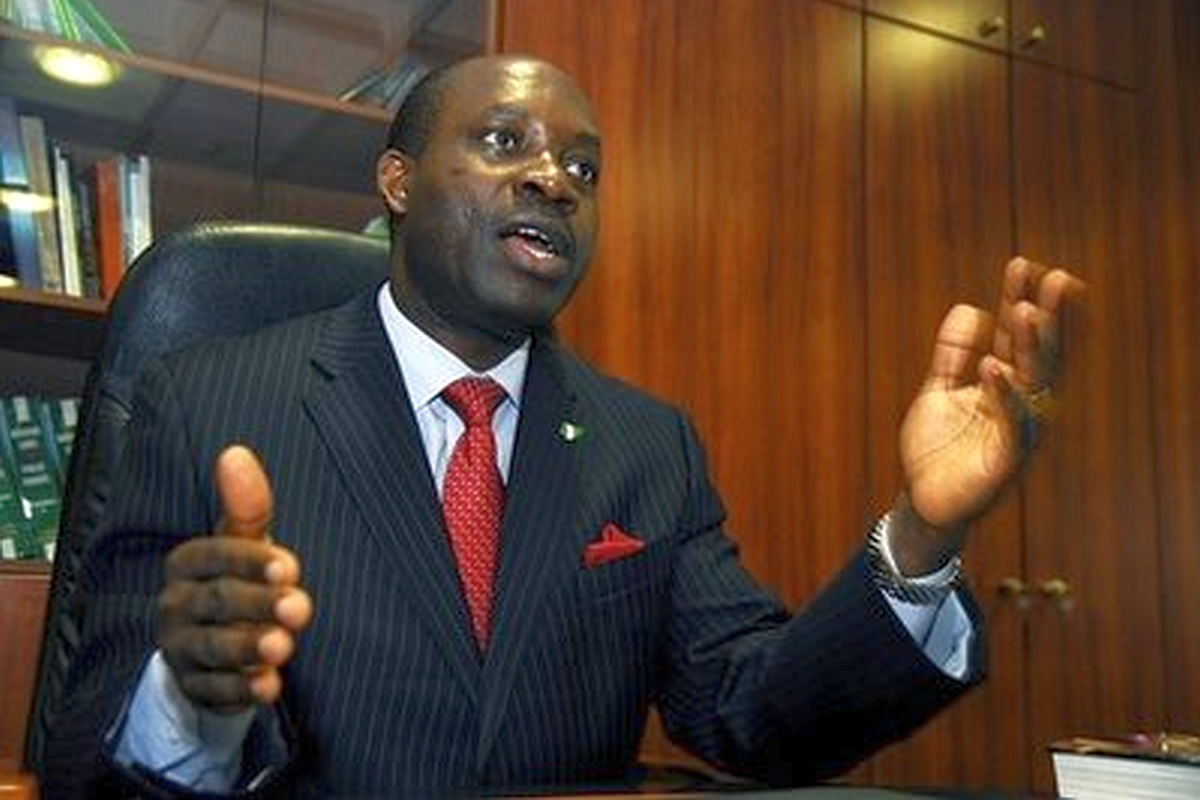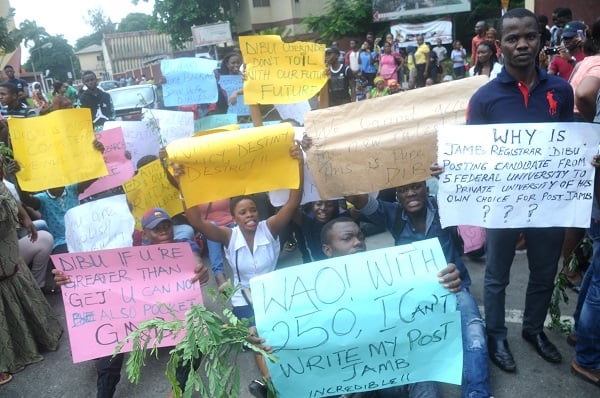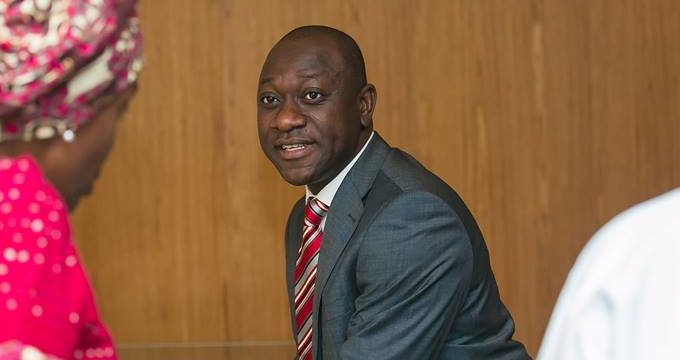The federal government will be repeating mistakes of the past should it sell some of the nation’s assets as has been proposed in some quarters, Chukwuma Soludo, former governor of Central Bank of Nigeria (CBN), has said.
Asset sale has recently emerged as one of the strategies for Nigeria’s quick exit from its current economic recession, and notable public figures have argued for and against it.
Writing on the subject on Monday, Soludo said he initially labelled the asset sale suggestion a “joke” when it first began to emerge, but when the senate and NEC joined the “convenient but flawed call”, he decided to lend a voice to the matter.
He said that although he would ordinarily not join issues, the matter in question is “critical”, especially due to the assumption that the move would help to “build reserves and provide funds for immediate spending” and thus ensure that this recession will be the “shortest” ever.
Advertisement
“Part of the legacy of the oil resource curse on matters of public finance is a mindset that resorts to easy, albeit lazy approach to ‘quick fixes’ — with a gaze on the short term even when the issues are structurally long-term. So, I understand the mental framework that drives such a proposal especially given the pressures to show immediate results,” he said.
“But for the record, it is our considered view that the proposal is based on a false foundation. Our thesis is that in extreme, exceptional circumstances, sale of certain assets could be a last resort option but that Nigeria is currently not near that threshold and the institutional framework for its effective use is also not in place.
“Furthermore, we argue that any sale of assets now amounts to chasing pennies when by acts of omission or commission, we are losing pounds. Such a hasty auction of national assets can only benefit a privileged few with cash and access while jeopardizing Nigeria’s long-term economic interests. It will be a historic mistake….”
Advertisement
He advised government against focusing on short-term next-quarter GDP growth, saying it misses the key point and has the danger of understating the serious work required.
He also spoke on the erroneous belief that asset sale would spawn an “optimal level of reserves for confidence” such that once investors see $35 billion or $40 billion as reserves, they would stop speculation.
Instead, he argued that there is more to investor confidence than temporary boost in stock of reserves when everyone knows that the underlying political environment as well as the policy regime and its credibility make the flow of reserves unsustainable.
“The argument that sale of assets is the only way to reflate the economy out of recession is troubling, and suffers what economists might call policy myopia or time inconsistency problem,” he said.
Advertisement
“First, imagine if previous governments used asset sales as a strategy to ‘reflate the economy’ during previous periods of economic recession or crisis. Alternatively, if we auction away some valued national assets for the short term goal of reflating the economy out of recession, what will happen during future cycles of recessions and economic crisis?
“The global economic system is inherently and cyclically crisis-prone. Prudently managed economies are preparing for the next cycles of global crisis, and the IMF has already warned of persisting vulnerabilities. What shall we sell then?”
He maintained that “a hasty auction of the assets” would short-change Nigeria, saying privatisation of national assets is not an ideological matter but plain pragmatism.
“Reasonable people can have a good debate about the composition of public assets for sale at any time. Although government is yet to be definitive about the assets being proposed for sale, it is reasonable to object to any scheme that will hurriedly sell performing public assets that guarantee future flows of revenue and forex to future generations such as the NLNG, AFC shares, JVs in oil and gas sector, etc,” he said.
Advertisement
“Even for non-performing assets, when privatization is forced and assets auctioned on an emergency basis to meet short-term needs, the danger signs are there for all to see. Nigeria will never get value for money under the circumstance. We all know what happens when someone urgently needs to sell his or her property to meet an emergency.
“What happens to the valuation/pricing? If we price them properly and wish to go through proper due process, the deal might take several years to conclude, thereby defeating the advertised purpose of immediate spending. On the other hand, if we insist on forced sale because we need cash urgently, we can as well imagine how the valuation will be done and how buyers will bid for them.
Advertisement
“In all, the proposal is largely self-serving and convenient. For some privileged private sector operators with cash and access, the temporary rump up of reserves as well as temporary strengthening of the Naira will enable them to take whatever forex they can get (at the official rate) knowing that it is just a temporary elixir. They can then round-trip same a few weeks after and rake in billions.
“Furthermore, the attempt to sell valuable national assets under duress guarantees these same interests to cherry-pick the assets on the cheap. For our Senators and government, it is very convenient in the sense that it provides easy money to continue with the expenditure trends. So, for both government and its private sector collaborators in this scheme, it is a win-win. The only losers are Nigerians and the economy. In this apparent short-termism or myopia, no one seems to care about tomorrow.”
Advertisement
Add a comment






